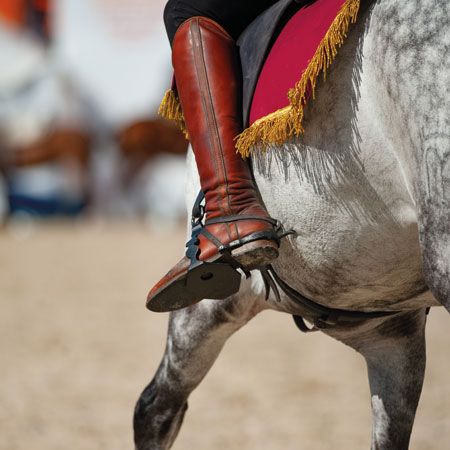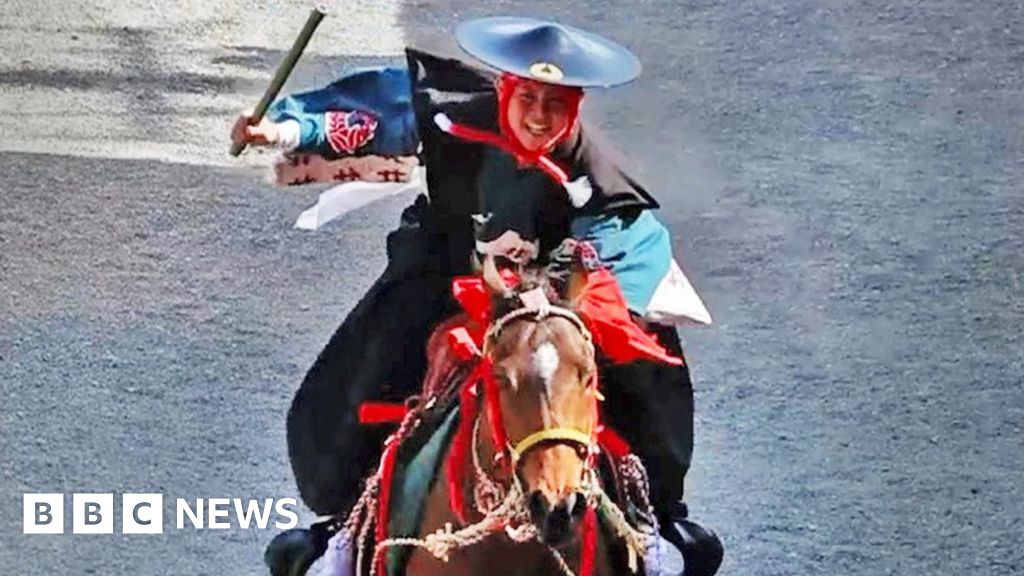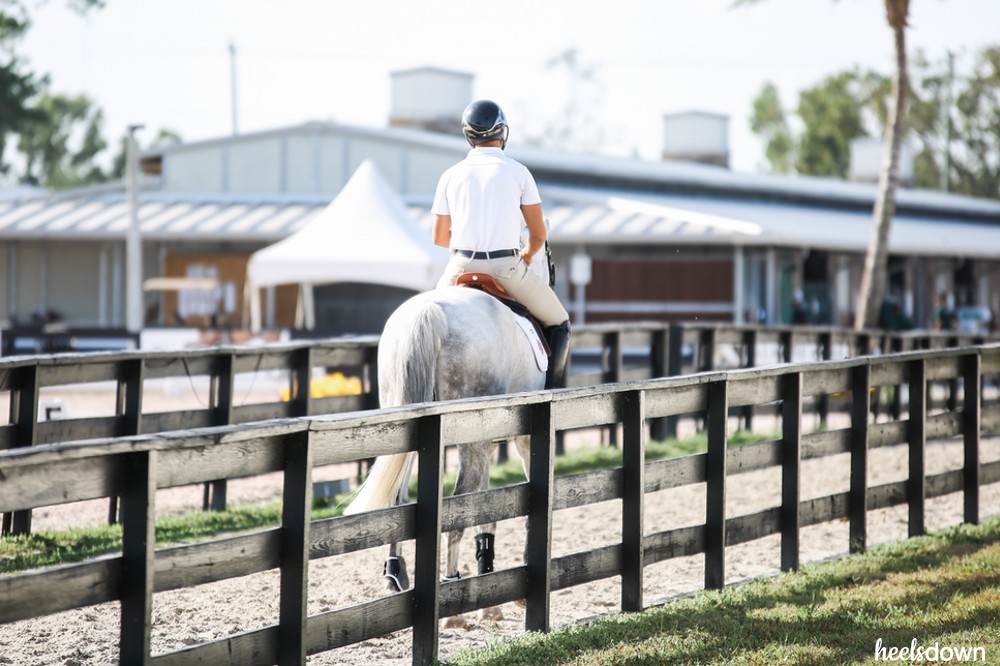Horseback riding has been a cherished activity for centuries, with humans embracing the thrill of riding these magnificent creatures. However, as society becomes more conscious of animal welfare and ethical treatment, questions have arisen about the morality of horse riding. Some argue that it is a cruel and exploitative practice, while others believe horses are well-cared for and enjoy the exercise and human interaction. So, is riding a horse truly cruel? Let’s dive deeper into this contentious topic.
Readmore:
Contents
The History of Horseback Riding

Humans have ridden horses for thousands of years, with evidence of domestication dating back to 4000 BC. Initially used for transportation and warfare, horses later became popular for recreational activities such as hunting, racing, and leisure riding. Over time, the relationship between humans and horses has evolved, and many cultures have developed rich traditions surrounding horseback riding.
However, as society has advanced and animal welfare laws have been enacted, the ethics of horseback riding have been questioned. With the rise of vegetarianism and veganism, some people feel that riding horses contradicts their beliefs against exploiting animals for human pleasure. But is this argument justified? Let’s explore the common objections to horseback riding.
Objections to Horseback Riding

Objectification of Animals
A common argument against riding horses is that it objectifies them, turning them into mere commodities for human entertainment. This view suggests that by using horses for our enjoyment, we reduce them to objects rather than recognizing them as sentient beings with their own needs and desires.
However, this argument overlooks the fact that horses have been domesticated for millennia and have adapted to living alongside humans. Many horses enjoy human companionship and thrive in a working relationship. They receive proper care, food, and shelter, and often form strong bonds with their riders. Horses are not mindless machines; they have distinct personalities and emotions. When treated well, they can create a deep connection with their human partners.
Physical and Mental Strain
Another objection to horseback riding is the claim that it causes physical and mental strain on horses. Some argue that horses are not meant to carry weight on their backs, and that the pressure from a rider can cause discomfort and even injury to the horse’s spine.
While there may be some truth to this if a rider is too heavy or fails to distribute their weight properly, it is important to note that horses have been carrying humans for centuries without significant issues. While incidents of mistreatment and overworking do occur, these are isolated and not representative of horseback riding as a whole. Properly trained and cared-for horses can comfortably carry riders and enjoy the exercise and stimulation that comes with it.
Furthermore, horses are intelligent animals that thrive on mental stimulation. Riding allows them to explore new environments, navigate obstacles, and engage in training exercises—activities that can be mentally enriching for them. Like humans, horses require regular exercise to maintain physical and mental health, and riding provides them with both. https://hearttohorses.com
The Benefits of Horseback Riding

Now that we’ve addressed some objections, let’s explore the benefits of horseback riding for both humans and horses.
- Exercise and Health
Horseback riding is a great form of exercise for both humans and horses. For riders, it helps improve core strength, balance, and coordination, making it a full-body workout. It also benefits posture and cardiovascular health. For horses, riding is an effective way to stay fit, especially in disciplines like dressage and jumping that require coordination and muscle use.
- Bonding and Social Interaction
Riding fosters a unique bond between horse and rider. Many riders view their horses as close companions or even family members. This connection is vital for both, providing emotional companionship and social interaction, especially for individuals who may not have many human relationships. Horses are highly intuitive animals, capable of sensing emotions, which makes them excellent therapy animals.
- Connection with Nature
Horseback riding allows riders to connect with nature in a unique way. It enables them to explore trails, forests, and fields that may be inaccessible by foot or vehicle. Being outdoors has been shown to have significant mental health benefits, and riding offers a way to enjoy nature while getting physical exercise.
FAQs about Horseback Riding

FAQs about Horseback Riding
- Is it okay to ride horses if I’m a vegetarian/vegan?
Yes, being vegetarian or vegan doesn’t mean you must avoid horseback riding. As long as the horse is ethically treated, receives proper care, and is not overworked, there is no contradiction. Many equestrian facilities offer vegan options, such as synthetic saddles and bridles made without animal products.
- Are bits and other riding equipment harmful to horses?
When used properly, bits and other riding equipment are not harmful. They help establish clear communication between horse and rider without causing discomfort. It’s important for riders to be properly trained to use these tools responsibly to ensure the horse’s well-being.
- Is horse racing cruel?
The ethics of horse racing are debated, with some arguing that it’s inherently cruel due to the risk of injury or death. Others believe that with strict regulations and proper care, horse racing can be safe and enjoyable for both the horse and rider.
- Can children safely ride horses?
Yes, with proper instruction and supervision, horseback riding is a great activity for children. It teaches responsibility, patience, and respect for animals. Many equestrian facilities offer specialized programs for children to learn how to ride safely.
- Are there other benefits of horseback riding?
Beyond physical and mental health benefits, horseback riding boosts confidence, self-esteem, and empathy. It strengthens communication skills, as riders must learn to communicate effectively with their horses.
Conclusion

